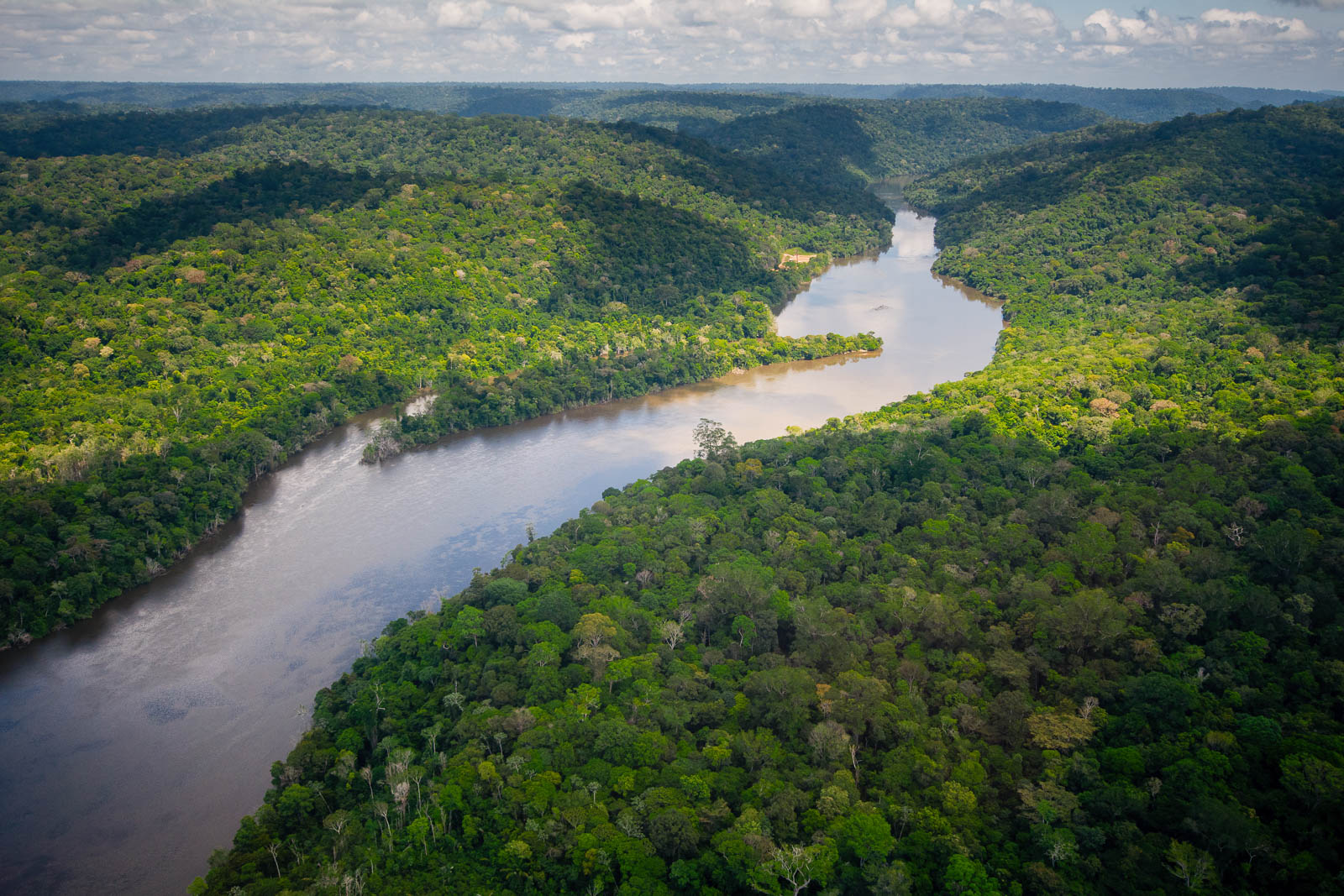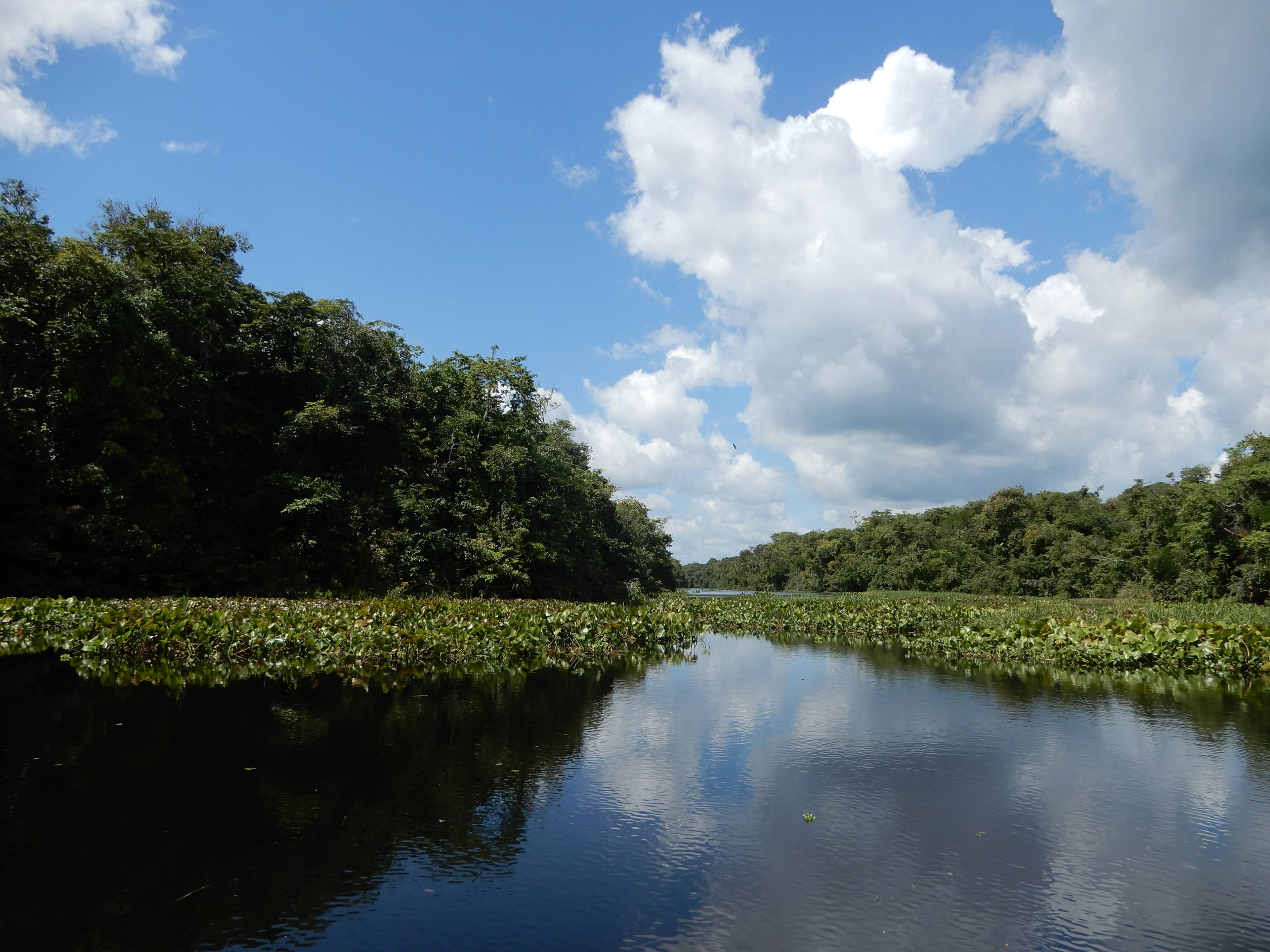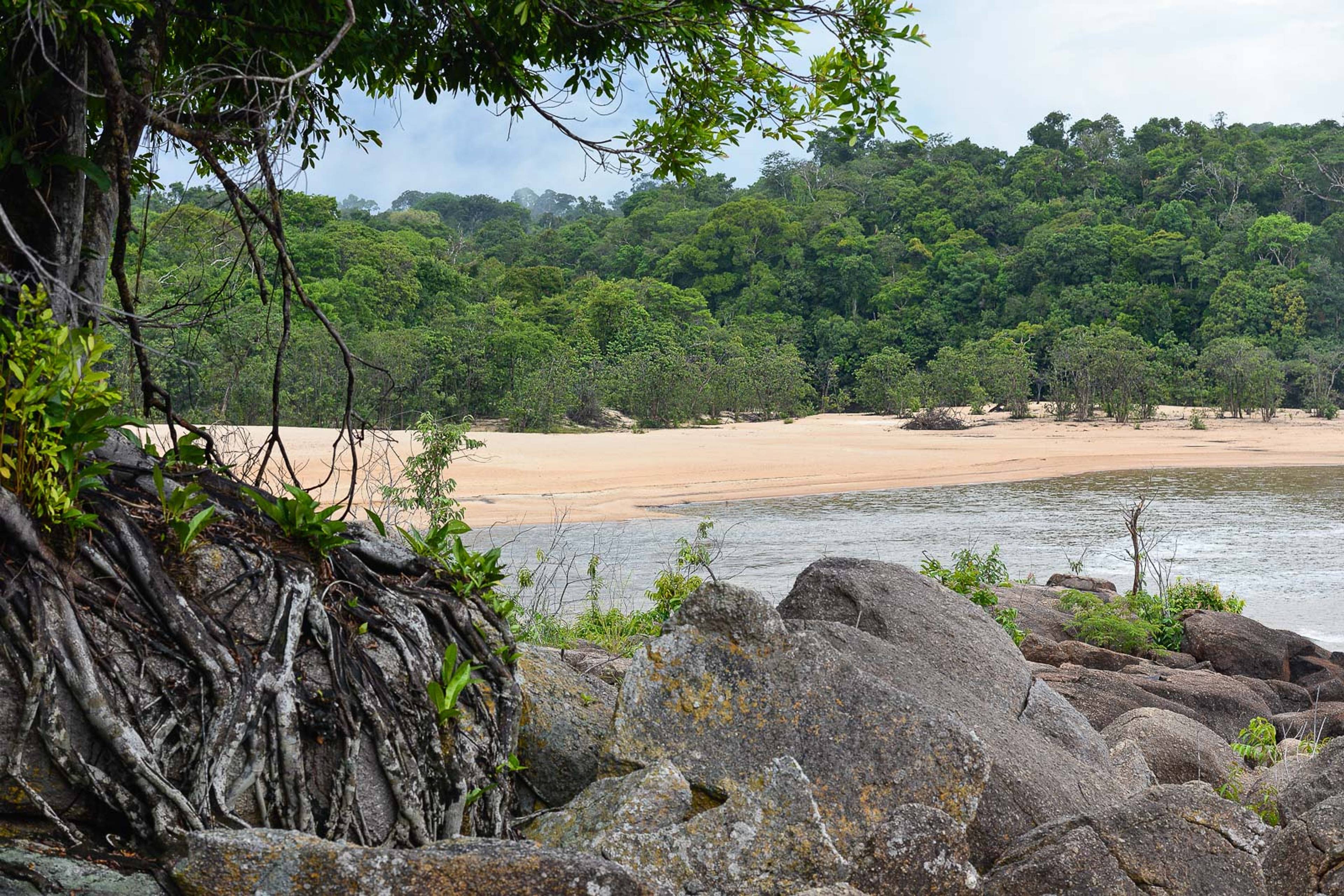Jari Pará
Brazil
497,746 ha
Developer: Biofilica
Jari Pará, an avoided deforestation project, preserves 50,480 hectares of primarily virgin Amazon forest. The project, which aims to promote forest conservation and reduce potential greenhouse gas emissions (GHG), likewise emphasizes the importance of local economic development. Over the project’s 30-year lifetime, it is expected to sequester nearly 15 million tonnes of carbon emissions. To prevent illegal deforestation, the project has pledged extensive surveillance and monitoring.
Connect with our team to learn more about this project and how Pachama can support your nature strategy.
Over 2070 species of animal, including this inquisitive squirrel monkey, call Jari Pará home
1 / 3
1/4
Quality check
Quality insights
Providing a habitat for at least 2070 species of animals and 340 species of plants
Verification report 2019
pdf
Project description
pdf






